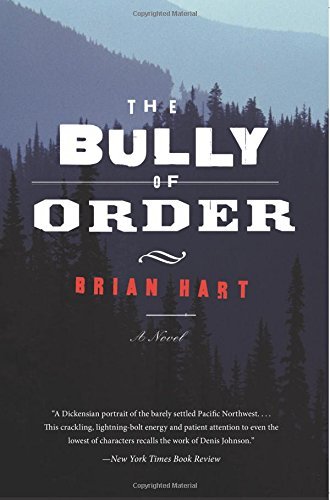What do you think?
Rate this book


400 pages, Paperback
First published September 2, 2014
It wasn’t easy to hate him—he was my father, after all—but I persevered, for Mother’s sake. I spent long nights calculating slow death. I sharpen blades and load guns, but all of it ended in a dream. I hated how deeply I could sleep when I lay down plotting patricide. Morning arrived with memories of the old man stomping around the kitchen, and it felt like my own blood pouring out of me, aching as it went. I wondered sometimes if it would hurt more or less not to kill him, to let him live, because I feared, ultimately that I couldn’t do it.”